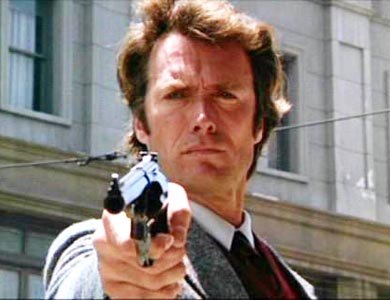 For seven years, my teaching partner Daniel Garcia gave our students chiaroscuro splashes of light, lyrical camera movement, languid story structures. From me, they got disk management strategies, the rule of thirds, equipment calibration procedures. And students benefitted. Our stylistic divergence prepared them for multiple workplaces, modeled for them distinct creative styles.
For seven years, my teaching partner Daniel Garcia gave our students chiaroscuro splashes of light, lyrical camera movement, languid story structures. From me, they got disk management strategies, the rule of thirds, equipment calibration procedures. And students benefitted. Our stylistic divergence prepared them for multiple workplaces, modeled for them distinct creative styles.
Daniel’s departure this month leaves me looking for a partner. Not merely someone who will cover the classes Daniel once taught, but another mule to share my yoke. Enough like me to pull in basically the same direction, different enough from me to teach students what I cannot.
One of my fondest memories of Daniel is an argument we had in Chicago. Eating dinner in the city’s theater district, we had a knock-down-drag-out brawl over the potential for creativity in independent and Hollywood cinema. For maybe an hour, we slammed each other with escalating arguments of emotion and logic, anecdote and hyperbole. And it was wonderful. We laughed as hard as we fought. Never once in that whole wrestling match was our friendship threatened. We were undoubtedly impassioned but ultimately safe in our brotherhood.
Neither of us was tenured. One had no power over the other. I was not currying his favorable recommendation. He did not fear my damning vote in some administrative Star Chamber. We were truly peers. Thus the mix of poet and mechanic was more or less equal as we fashioned the Media Production major.
But I hope to be awarded tenure this year. Can Daniel’s replacement possibly tell me the same [sometimes brutal] truth that Daniel was able to?




